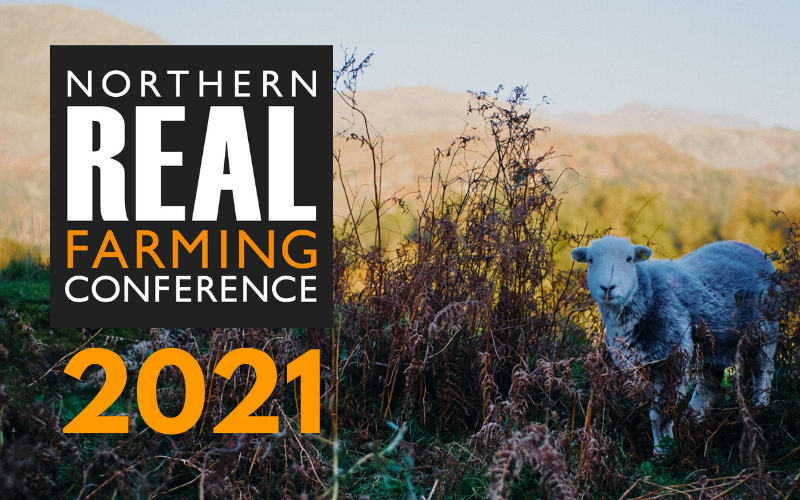
Finding food growing ‘Hope Spots’ in urban spaces: a guided walking trail
Hosted by Lancaster University
One of the biggest barriers facing new community food projects or new entrants to farming is access to land. In many cases the challenge starts with a lack of data and mapping on what land is available, appropriate and who it is owned by. Even when data about these matters is accessible, how might communities best use it to map their locality in ways that open up opportunities for food production?
This walk will explore these issues within the urban context of Lancaster by visiting a number of different sites across the city including a community garden, a community corner, historic meadows and civic spaces. We’ll explore how communities are using spaces already and visit areas where we might want to integrate food growing in future. What are the aspects we need to consider when choosing sites for different purposes and how can we overcome barriers to accessing land?
The trail will be guided by Rachel Marshall from The Future Places Centre at Lancaster University who’ll share insights and approaches from the ‘Rurban Hope Spots’ project. This work is testing approaches to mapping land in both the rural and urban space and developing a transferable methodology for people to apply in their own place. The Rurban Hope Spots project is a collaboration between Lancaster University, FoodFutures, Lancaster City Council, the Urban Agriculture Consortium and Friends of the Earth. To learn more about the project please visit: https://www.lancaster.ac.uk/future-places/activities/our-food-growing-hope-spots/
Speakers/hosts include:
Rachel Marshall –
